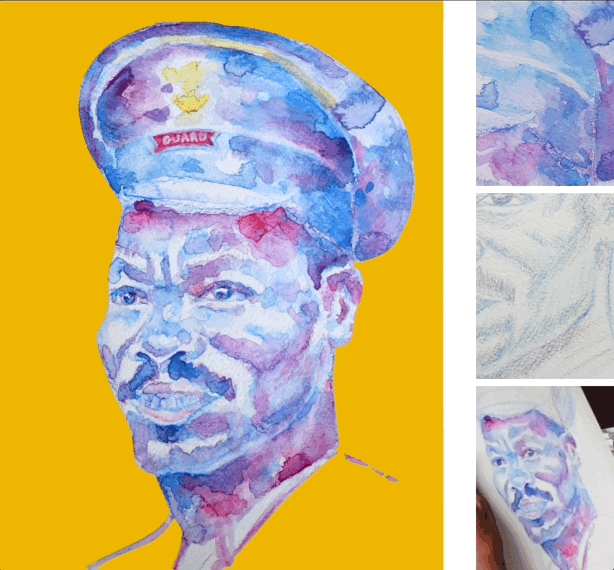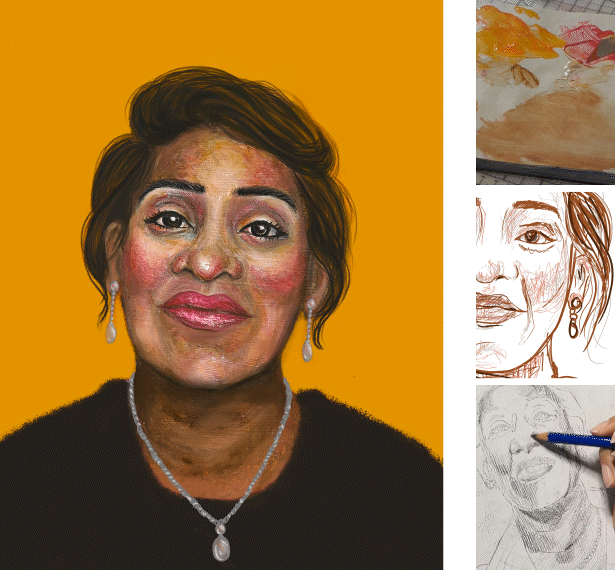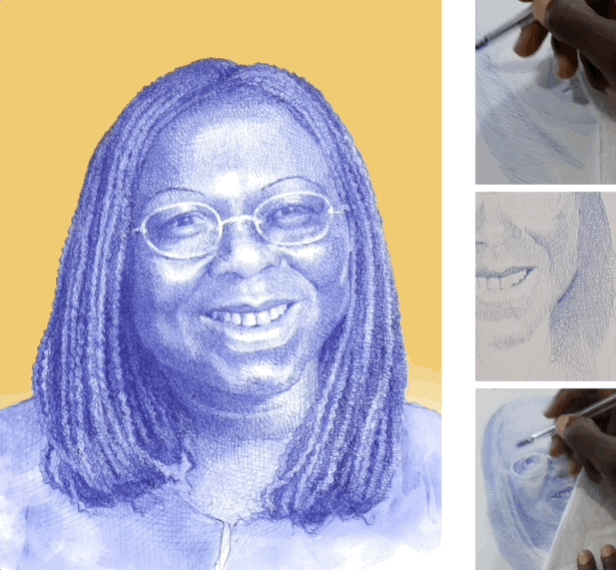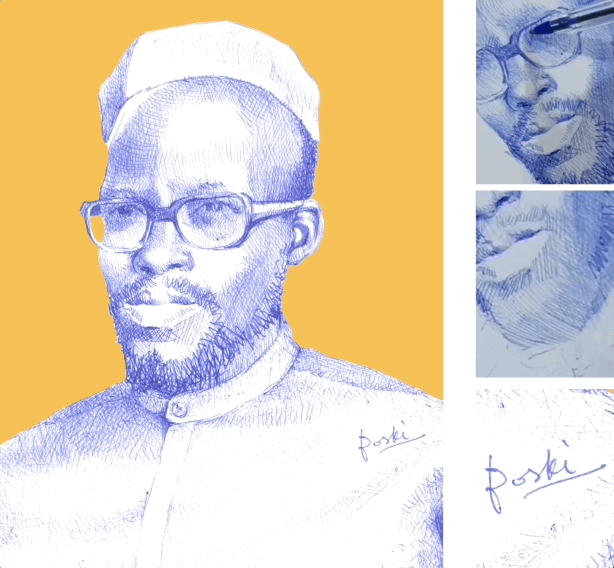Wiki Unseen is more than a
project — it is a promise.
A promise to show the world the people who have shaped the world, but were systematically erased from knowledge spaces. People whose images were taken out of the picture.
With Wiki Unseen, our goal is to redraw those within the global majority — including Black people, people of color, and Indigenous peoples — back into history, one image at a time.
Redrawing history,
one image at a time.
In collaboration with Behance and AfroCROWD, we are inviting artists from diverse backgrounds to illustrate scientists, activists, poets, and pioneers who are not visually represented on Wikipedia. Their images are either missing from history entirely, or they are locked behind restrictive paywalls and licenses. We will release each new artwork here, on the Wiki Unseen gallery, all throughout Black History Month and beyond.
With the support of our volunteers, we aim to share these new images on Wikipedia, making them available for everyone, everywhere. Because that is what free knowledge is about. Learn how you can become part of this initiative.
Unseen facts:
- Only 35.4% of biographies on English Wikipedia have images.
- Wikipedia articles with images receive more traffic compared to those without images.
Who do you picture when
you think of an astrophysicist?
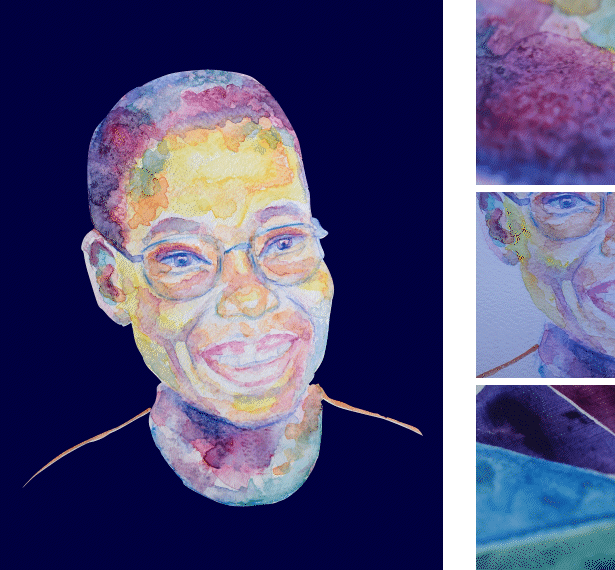
See the woman who made her own space.
Mercedes Tharam Richards (Kingston, 14 May 1955 – Hershey, 3 February 2016), née Davis, was a Jamaican astronomy and astrophysics professor. Her investigation focused on computational astrophysics, stellar astrophysics and exoplanets and brown dwarfs, and the physical dynamics of interacting binary stars systems. Her most known work is her pioneering research in the tomography of interacting binary star systems and cataclysmic variable stars to predict magnetic activity and simulate gas flow.
Who do you picture when
you think of a changemaker?
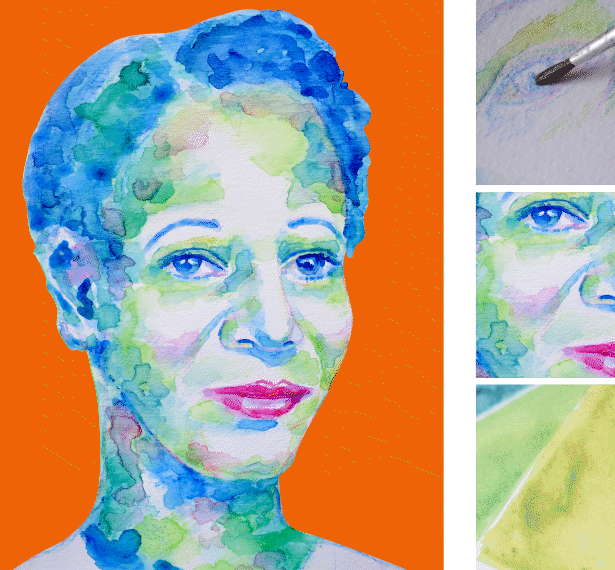
See an activist who helped paved the way for women’s political participation.
Leonora Pujadas-McShine (1910 – 2 April 1995) was a Trinidadian women’s rights activist and community worker. When Trinidad and Tobago granted Universal Suffrage, she established the first League of Women Voters in the country to educate women on their civic roles. She also was an advocate of equal pay and labour practices. She was posthumously awarded the Gold Hummingbird Medal.
Who do you picture when
you think of a filmmaker?
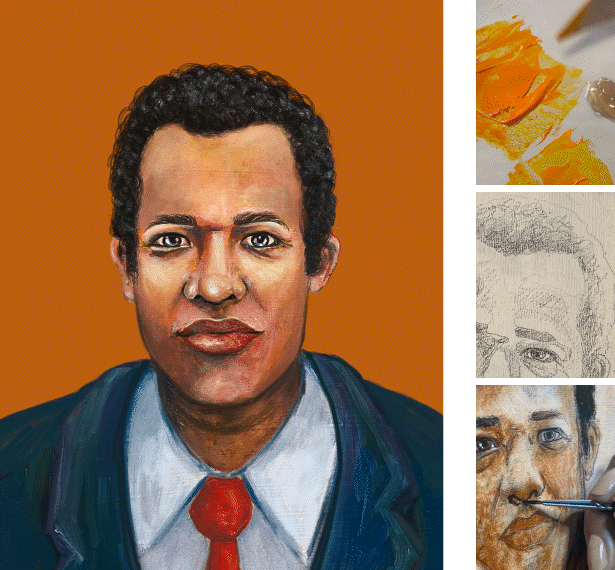
See a pioneer of Black film-making.
William Greaves (October 8, 1926 – August 25, 2014) was a documentary filmmaker and a pioneer of African-American filmmaking. He produced more than two hundred documentary films, and wrote and directed more than half of these. Greaves garnered many accolades for his work, including four Emmy nominations.
Who do you picture when
you think of a scientist?
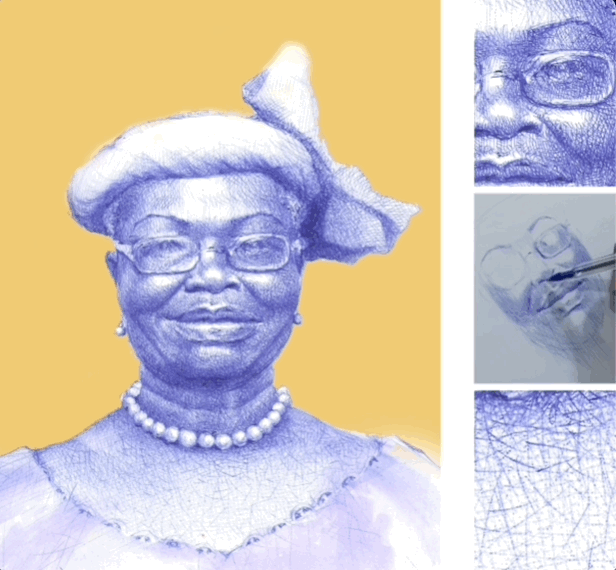
See the woman who collected firsts.
Marian Ewurama Addy FGA OV (née Cole; 7 February 1942 – 14 January 2014) was a Ghanaian biochemist and the first Host of the National Science and Maths Quiz. The first Ghanaian woman to attain the rank of full professor of natural science, Addy became a role model for school girls and budding female scientists on the limitless opportunities in science, technology, engineering and mathematics (STEM) disciplines. Marian Addy was also a Fellow of the Ghana Academy of Arts and Sciences, elected in 1999. In the same year, she was awarded the UNESCO Kalinga Prize for the Popularization of Science.
Photo credits









